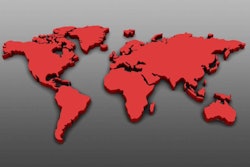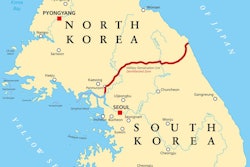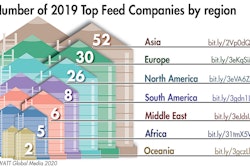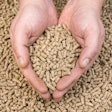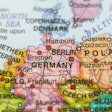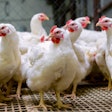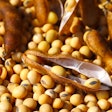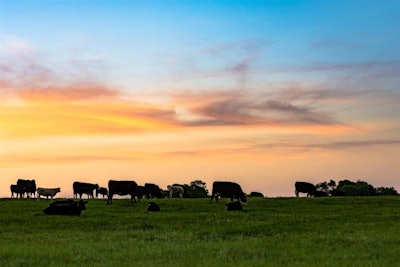
Climate change likely thwarted Dutch plan to reduce animal feed emissions, researcher says
Limiting the protein content of animal feed to reduce emissions of nitrogen can be done, but any regulations to that effect must take a changing climate into account, according to Wageningen University.
The Dutch Ministry of Agriculture had hoped that capping the amount of protein permitted in concentrate fed to cattle would eliminate enough nitrogen pollution to allow tens of thousands of homes to be built without increasing the nations’ overall emissions. However, in mid-August, just before the measure was slated to take effect on September 1, the ministry opted to scrap the proposed rule in light of new research from Wageningen University that suggested the rule could result in protein-deficient cattle diets.
The proposed rule failed to take into account the variability of cattle diets; the contents of concentrates must be adjusted to take the nutritional composition of grass, hay and silage into account, according to Jan Dijkstra, an associate professor of ruminant nutrition at Wageningen University.
The ministry had estimated a proposed protein limit based on roughage profiles from 2018, Dijkstra said. At the request of the ministry, Wageningen University conducted a brief evaluation of the likely nutritional content of grass harvested in 2020. This inquiry determined that roughage available this year would likely content less protein than in 2018 due to climate conditions — particularly, an ongoing drought.
The reduced nutritional value of the roughage, combined with a government-imposed limit on concentrate protein content, could have resulted in diets with insufficient protein to maintain proper health. This realization prompted the last-minute change of direction by the Dutch Ministry of Agriculture.
The Agriculture and Horticulture Organization of the Netherlands (LTO Nederland) had opposed the rule on similar grounds, arguing that, while reduced feeding of protein could help reduce emissions, any rule to that end needs to be crafted carefully to ensure animal welfare.
“By imposing generic standards on the amount of protein in concentrates, farmers are limited in their expertise,” Wil Meulenbroeks, chair of LTO’s Dairy Farming Department, said in a statement translated from the original Dutch by Google Translate. “This makes it impossible for entrepreneurs to put together the best ration for their cows. Young cattle and heavily pregnant cows in particular run health risks as a result of the measure.”
The Netherlands could, as an alternative, reduce the overall content of complete cattle diets, Dijkstra said. The average dairy cattle diet contains 16.5% protein, but could be reduced to 15.5% with careful management.
“The max on protein in concentrate was just because of legal enforcement reasons but from a good farming practice was an undesired way to reduce protein,” Dijkstra said.
Dairy farmers could also reduce emissions from their operations with increased grazing, or by renovating barns and stables with new technologies to capture and eliminate emissions.


